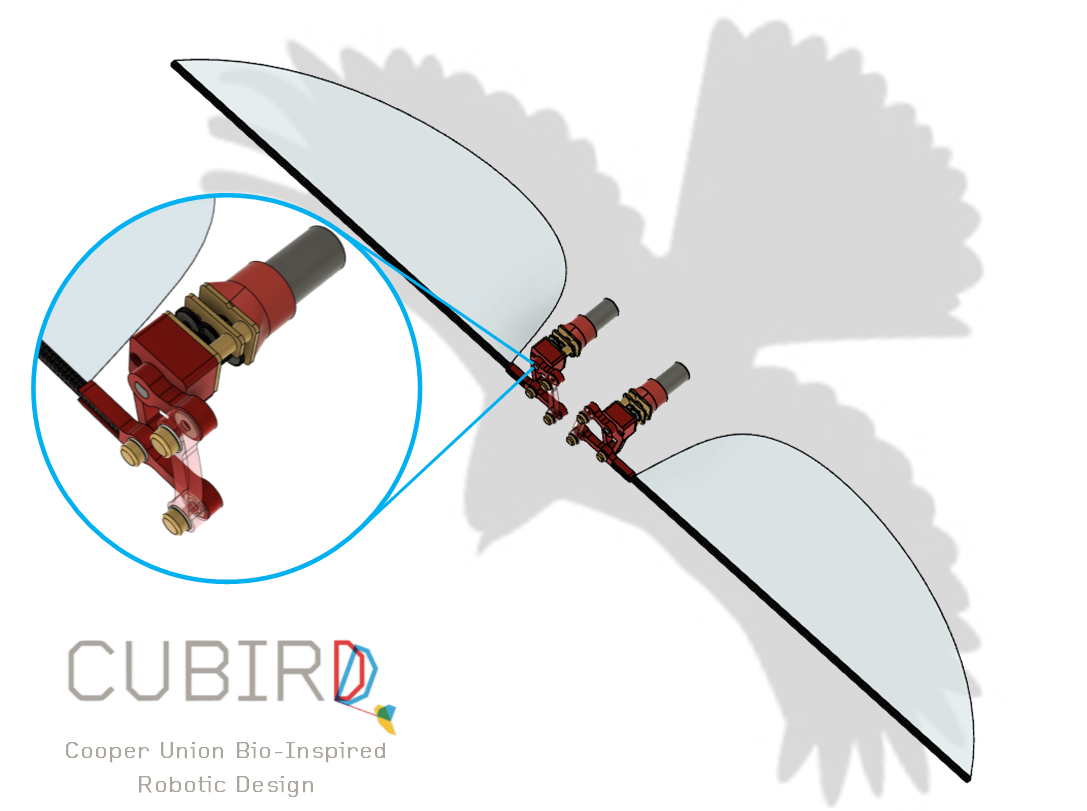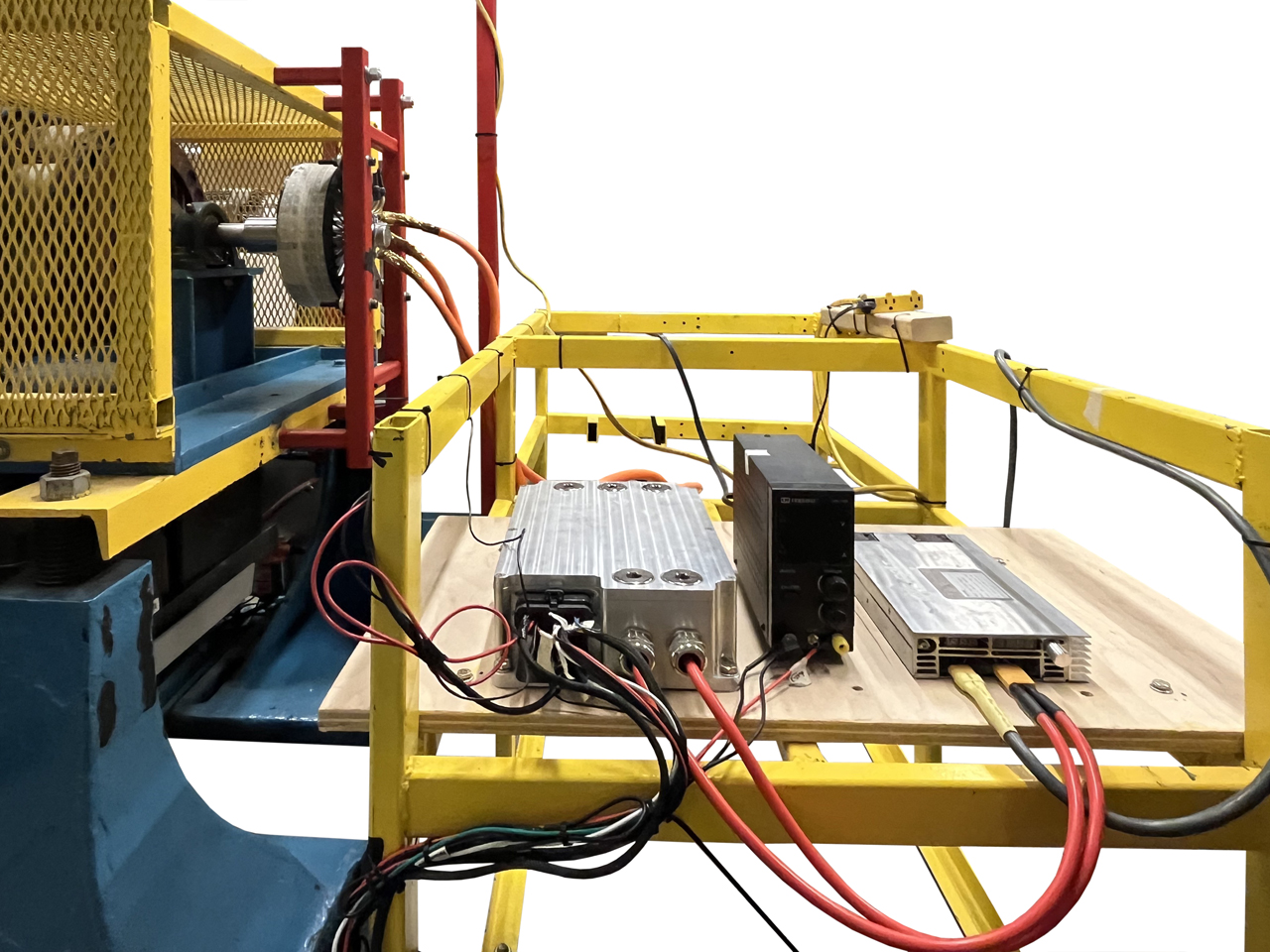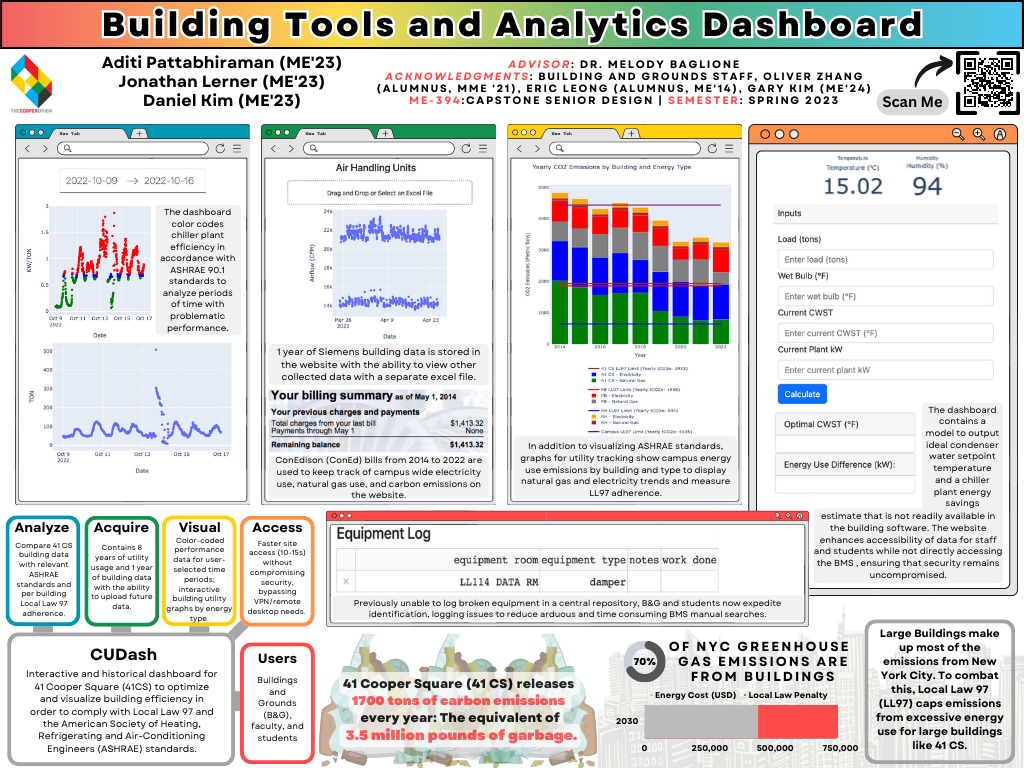[Interdisciplinary] [Civil Engineering] [Chemical Engineering] [Electrical Engineering] [Mechanical Engineering]
2023 CAPSTONE PROJECTS
[Interdisciplinary] [Civil Engineering] [Chemical Engineering] [Electrical Engineering] [Mechanical Engineering]
MECHANICAL ENGINEERING CAPSTONE PROJECT ARCHIVES
[2022] [2021] [2020]
MECHANICAL ENGINEERING
OPEN SOURCE FLAPPING WING
VEHICLE TRANSMISSION
Logan Villano (ME)
William Lin (ME)
Yaacov Davidowitz (ME)
VEHICLE TRANSMISSION
Logan Villano (ME)
William Lin (ME)
Yaacov Davidowitz (ME)
Advised by Professor Michelle Rosen
Advised by Professor Michelle Rosen
Flapping wing micro air vehicles (FWMAVs) are more robust and maneuverable compared to conventional flying vehicles, but require advanced manufacturing methods and expensive actuators inaccessible to most educational institutions. Our goal is to design an open-source transmission driven by DC motors for a FWMAV at the small bird scale with strict weight, size, and cost requirements using common fabrication methods and a simple linkage system.
LINK TO PROJECT POSTER
LINK TO PROJECT POSTER

FSAE REGENERATIVE BRAKING AND HARDWARE LOOP RIG
FSAE REGENERATIVE BRAKING AND HARDWARE LOOP RIG
Aidan Bowman (ME)
Isabella Graziolo (ME)
Ezra Sardes (ME)
Advised by Professor Dirk M. Luchtenburg
Advised by Professor Dirk M. Luchtenburg
In the Formula SAE Electric Vehicle competition, students design, build, and race single seater formula-style cars. Two significant factors contributing to the overall score are efficiency and performance in a 22-km endurance event. To improve the Cooper Union Formula team’s score, we are implementing regenerative braking to recover kinetic energy during braking. We are developing a control system and Hardware in the Loop (HiL) test bench to interface with the motor dynamometer.
LINK TO PROJECT POSTER
LINK TO PROJECT POSTER

COOPER UNION AERIAL VEHICLE (CUAV)
COOPER UNION AERIAL VEHICLE (CUAV)
Alsu Flare (ME)
Andrew Kim (ME)
Ginger Lau (ME),
Kameron Wang (ME)
Advised by Professor Dirk M. Luchtenburg and David Wootton
Advised by Professor Dirk M. Luchtenburg and David Wootton
The Cooper Union Aerial Vehicle team is developing an electric vertical takeoff and landing (eVTOL) drone for the VFS Design-Build-Vertical Flight Competition. Our team used computer-aided design, simulations, and physical testing to optimize flight range, speed, payload, and autonomous navigation. The flying wing hybrid drone features technical innovations that deliver exceptional aerodynamic efficiency and maneuverability.
LINK TO PROJECT POSTER
LINK TO PROJECT POSTER

BUILDING ENERGY ANALYTICS & DASHBOARDS
Aditi Pattabhiraman (ME)BUILDING ENERGY ANALYTICS & DASHBOARDS
Daniel Kim (ME)
Jonathan Lerner (ME)
Advised by Professor Melody Baglione
Advised by Professor Melody Baglione
To comply with New York City’s Local Law 97, which requires large buildings to meet annual carbon intensity limits starting in 2024, Cooper Union needs to reduce 41 Cooper Square's energy consumption and carbon emissions. Our team is creating an easy-to-use and robust energy dashboard that allows faculty, students, and the Building and Grounds team to access and visualize historical data to highlight energy savings opportunities.
LINK TO POSTER
LINK TO POSTER

